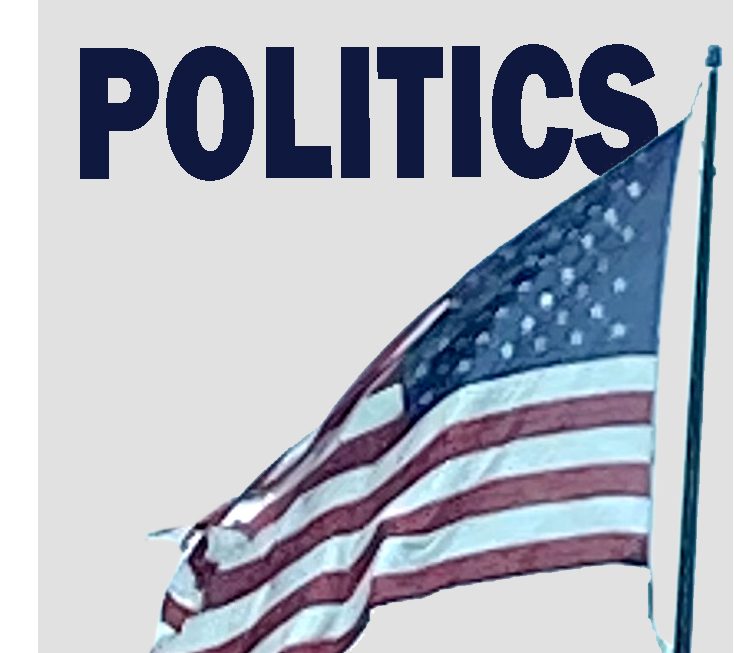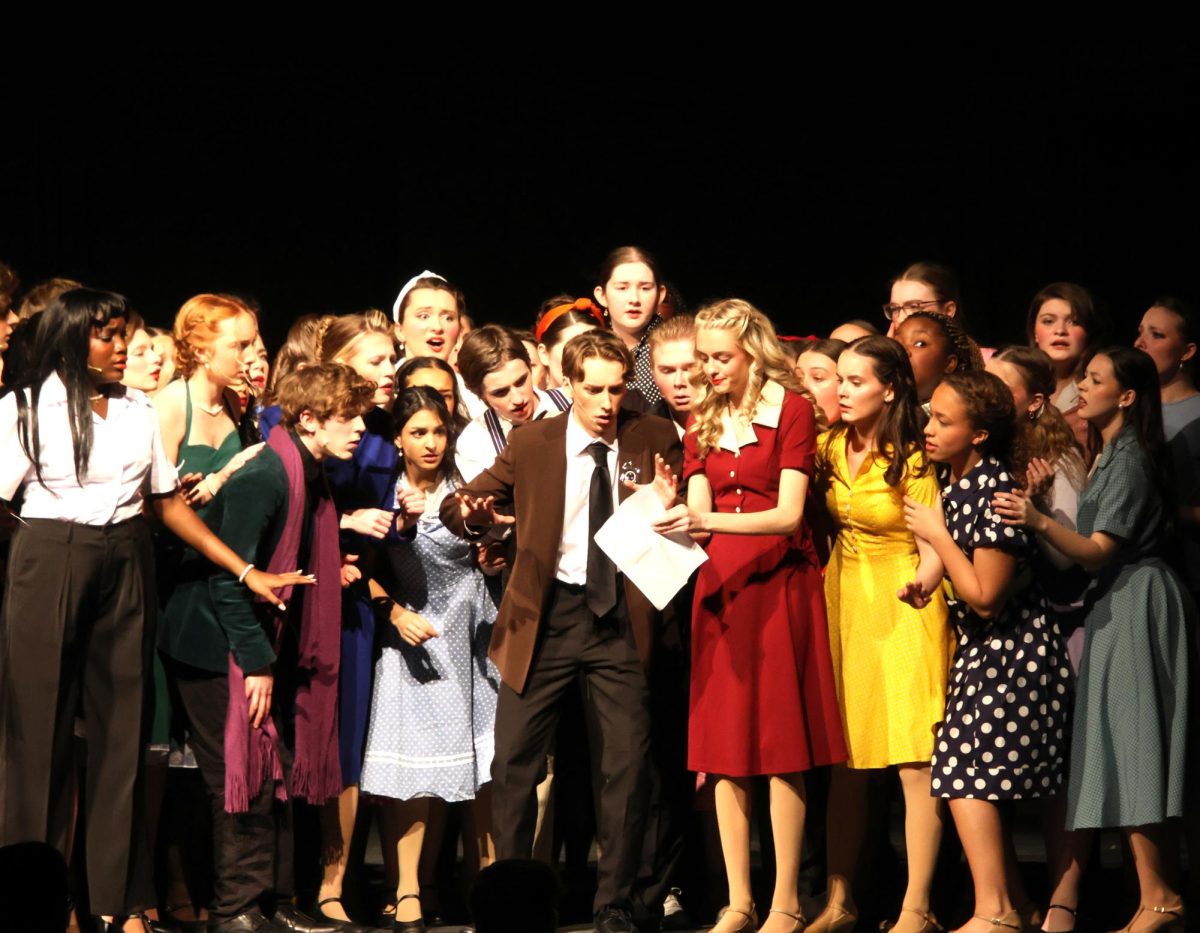With the 2024 elections creeping up, so too are concerns about the Electoral College. It is a system that is based on a compromise to ratify the United States Constitution. Based on outdated precedents voiced by the Founding Fathers about how the government should operate, the Electoral College is still in use today.
The question is, however: should it be abolished? The simple answer is yes.
The Electoral College was a compromise between two opinions during the Philadelphia Convention. The issue was that one group was against allowing Congress to pick the President due to fears of the executive and legislative branches working together in corruption, while the other did not believe that the common people would have sufficient knowledge about the candidates in order to make a good decision, especially in rural areas. After many long debates, they decided to establish the Electoral College.
The Electoral College was never meant to be a permanent solution to such a pressing problem. The framers needed to get the country running, but they could not come to an agreement. As political science major George Edwards III states, “It wasn’t like the Founders said, ‘Hey, what a great idea! This is the preferred way to select the chief executive, period.’ They were tired, impatient, frustrated. They cobbled together this plan because they couldn’t agree on anything else.”
Currently, one of the main complications is the “winners-take-all” rule, in every state except Maine and Nebraska. It is the reason for many of the problems arising with the Electoral College because it divides regions into being Democratic, Republican, or swing states. This discourages people from voting because living in a politically polarized state means that the nominee most loyal to their party will win most of the time. If a Democrat lives in a Republican state, they feel disheartened because they feel as though their vote will be disregarded anyway, leading to a lower turnout of voters which means that there is improper advocacy for many.
Additionally, the system has caused unequal campaign funding. A Republican candidate would not campaign in places like Texas, where they are practically guaranteed to win. Moreover, they would not spend enough time in states like North Dakota, which has few electoral votes, causing candidates to dedicate most of their time in a certain group of states, overlooking the others.
Another discrepancy in the electoral system are faithless electors. These are electors that do not vote for the candidate they had pledged to vote for. Not only is this a significant issue itself, but faithless electors are not even punished harshly, usually involving a warning or a minimal fine. This was evident in the Colorado Department of State vs Baca. In 2016, Michael Baca, an elector for Colorado, refused to vote for Hillary Clinton like he was supposed to, instead voting for John Kasich, his vote being discarded and prompting his removal as an elector. Polly Baca and Robert Nemanich joined him in filing a lawsuit against the state for the law requiring presidential electors to vote for the presidential candidate who wins the popular vote. They believed this was unconstitutional according to Article II and the 12th Amendment. A federal court ruled that it was unconstitutional to discard the vote and remove Baca. Not only was he let go, but the federal government ruled it unjust to punish these electors. This seriously undermines popular opinion and shows how the Electoral College disregards the people.
The most pressing issue, however, is that the majority of Americans do not want this system in place. According to a recent poll on NBC News and Wall Street Journal, 53 percent of Americans want a direct popular vote, 43 percent do not, and the rest have no preference. In a democracy like the United States, what the majority says should be what happens, meaning that the Electoral College should be replaced.
The demand for a popular vote may also be caused by the fact that quite a few presidents have lost the popular vote while winning the Electoral College, the most recent being Donald Trump who won by 74 electoral votes while losing the popular vote by about three million ballots. More than half of the people voted for Hillary Clinton, yet Trump became president anyway, exemplifying how the Electoral College undermines democracy.
While overturning this system would be a tedious process, states are already trying to make an attempt. They want to pledge their electors to vote for whoever wins the national popular vote, although they need more states to participate in order to make this come true. A more permanent solution would be amending the Constitution itself, requiring a two-thirds vote from both the House and the Senate or the approval of 38 states. This sounds like a daunting task, but it has nearly been achieved before in 1934.
Therefore, the Electoral College should be abolished because it is irrelevant and unsuitable for this time period, opposing popular opinion, and working against democracy as a whole. For the benefit of the people, the country, and democracy, a better way must be sought.






